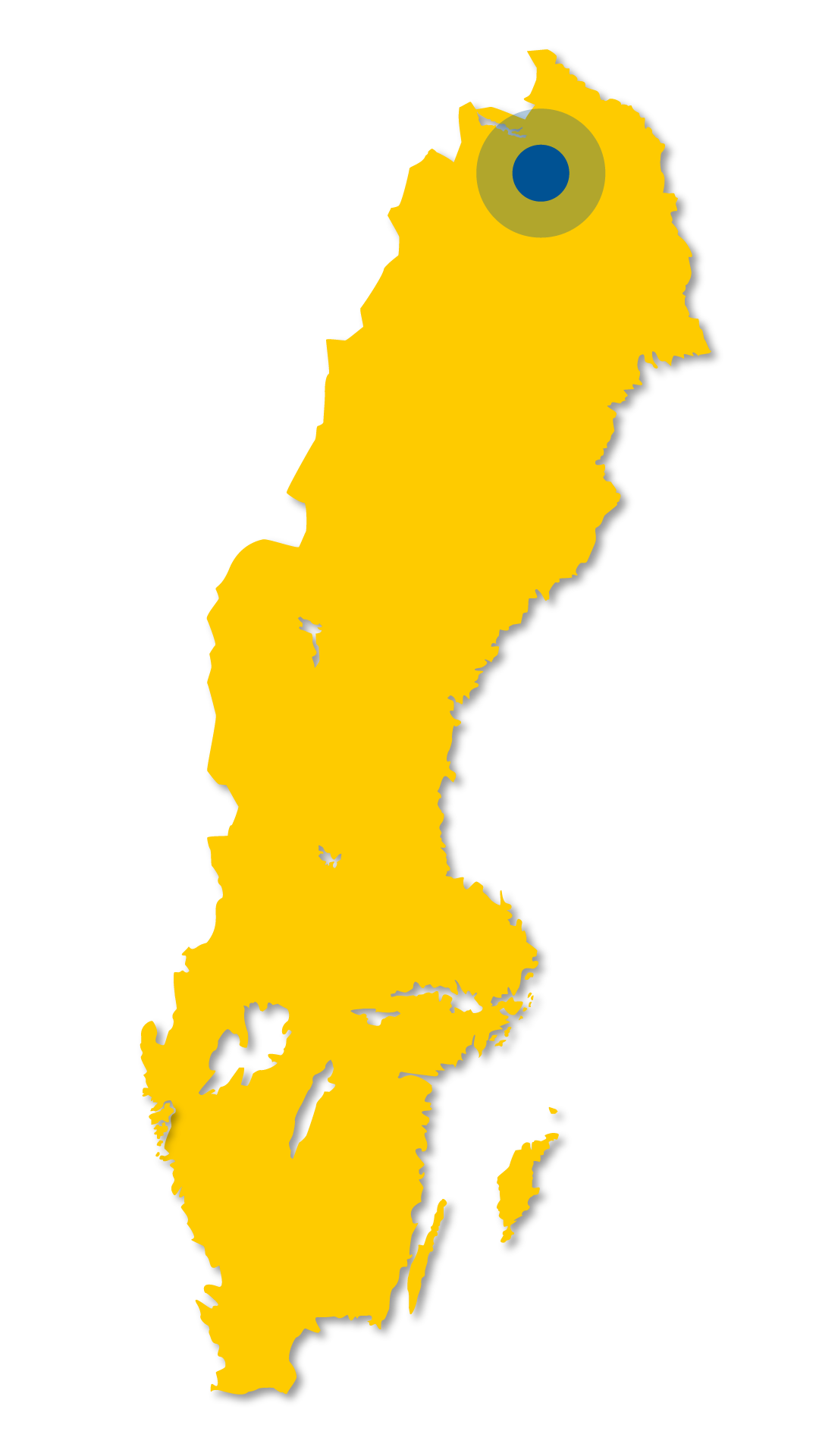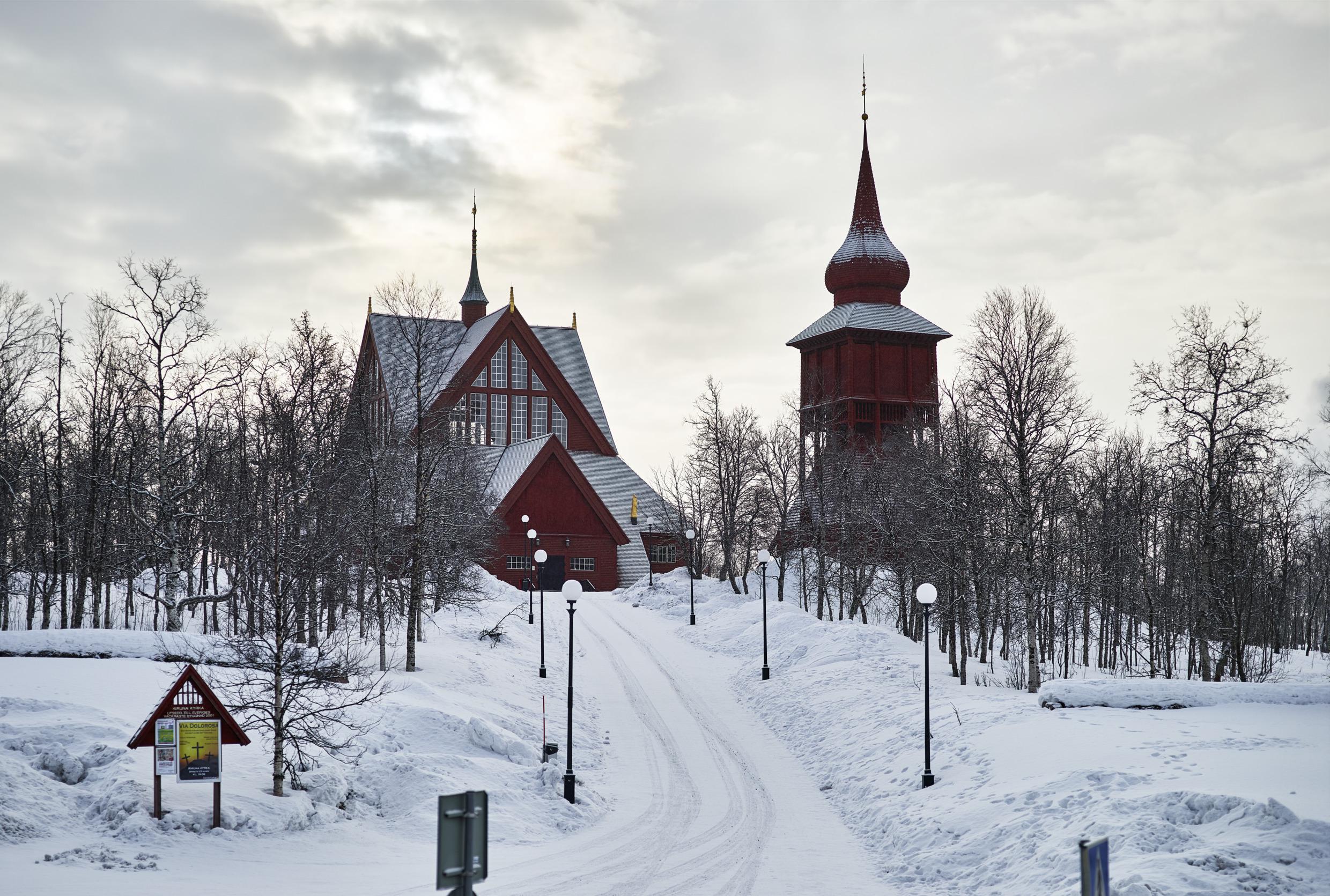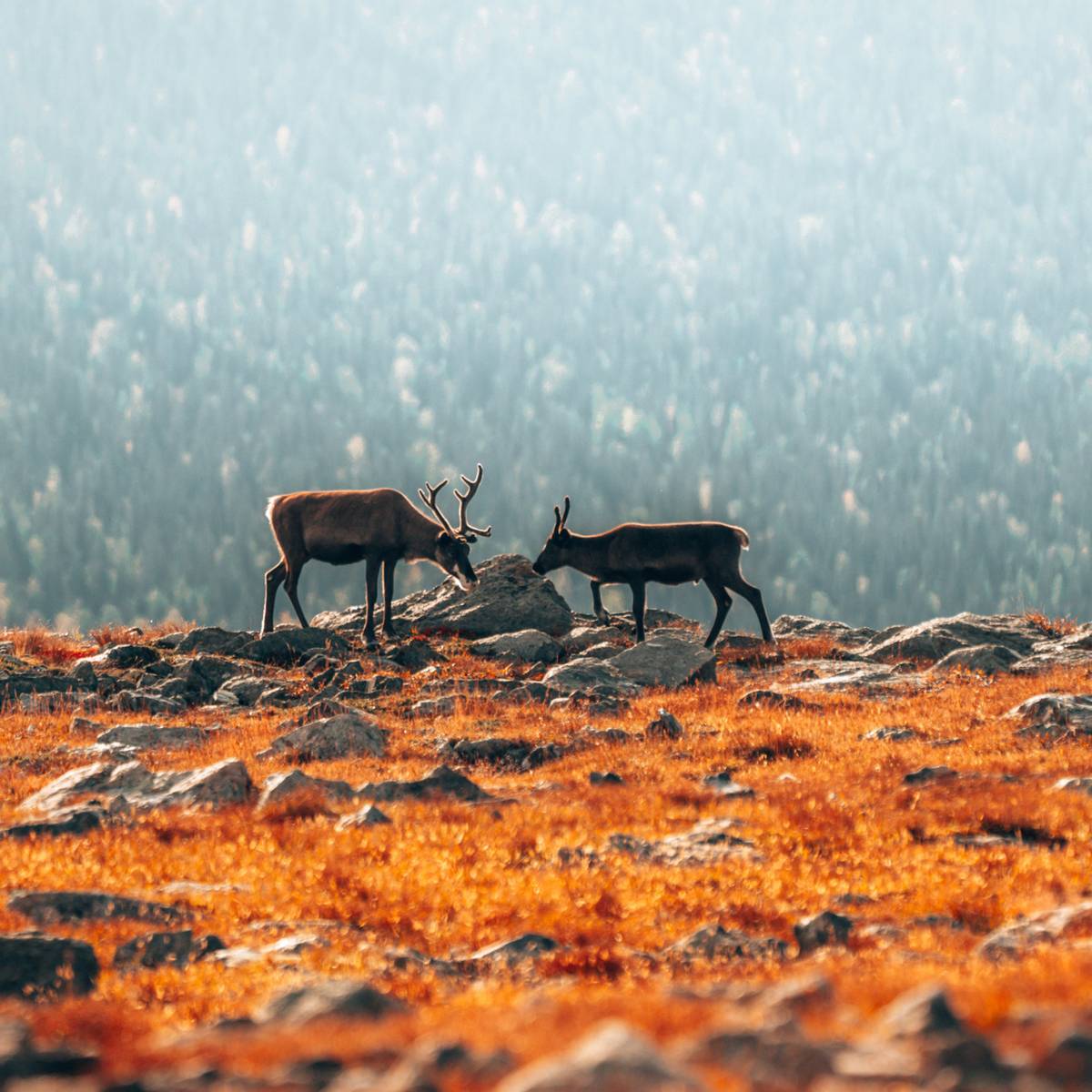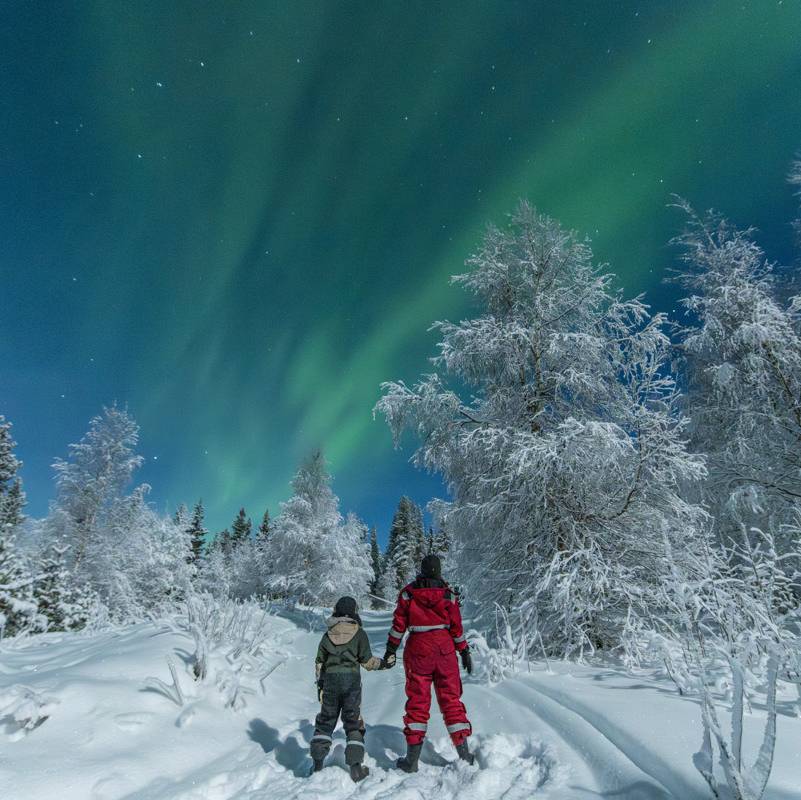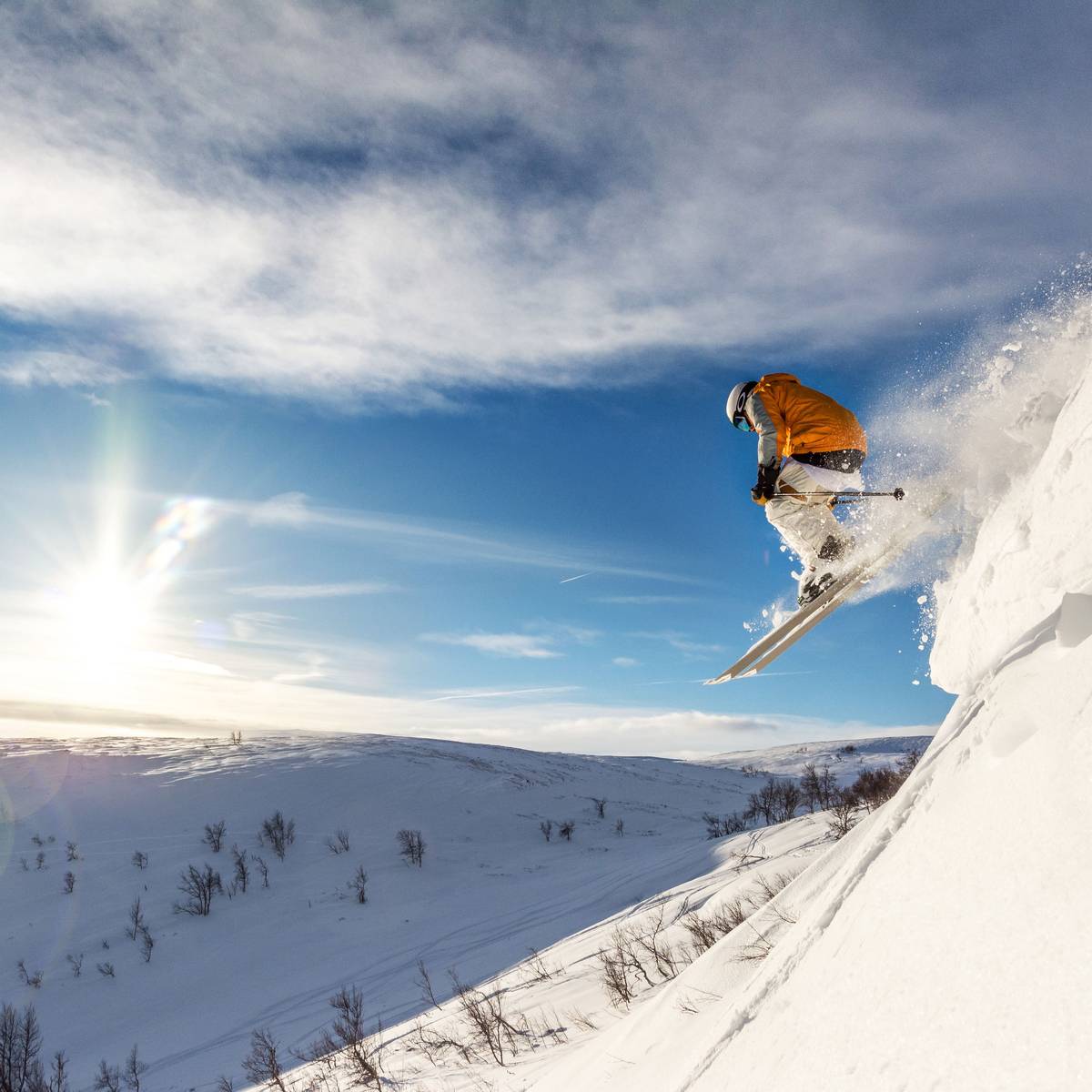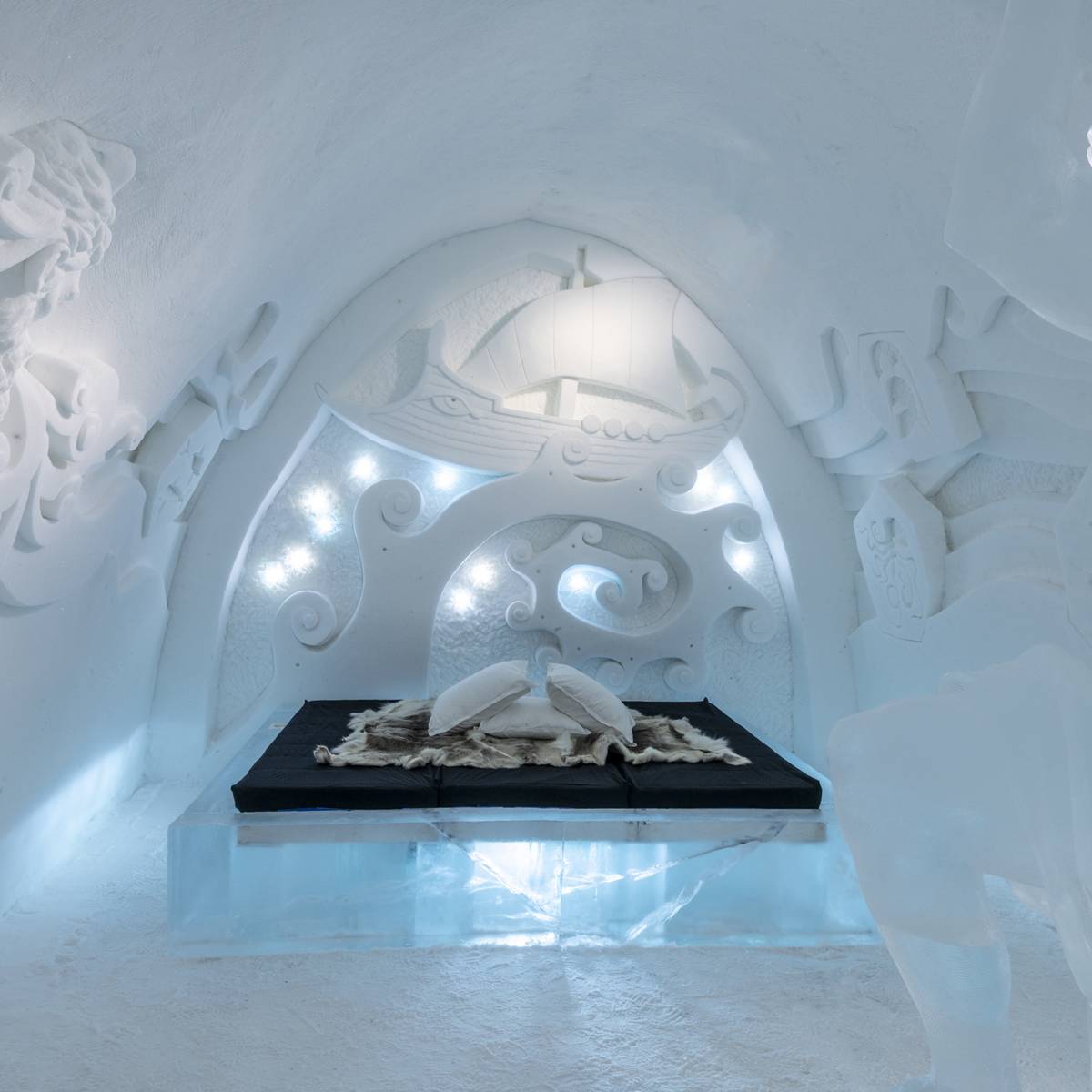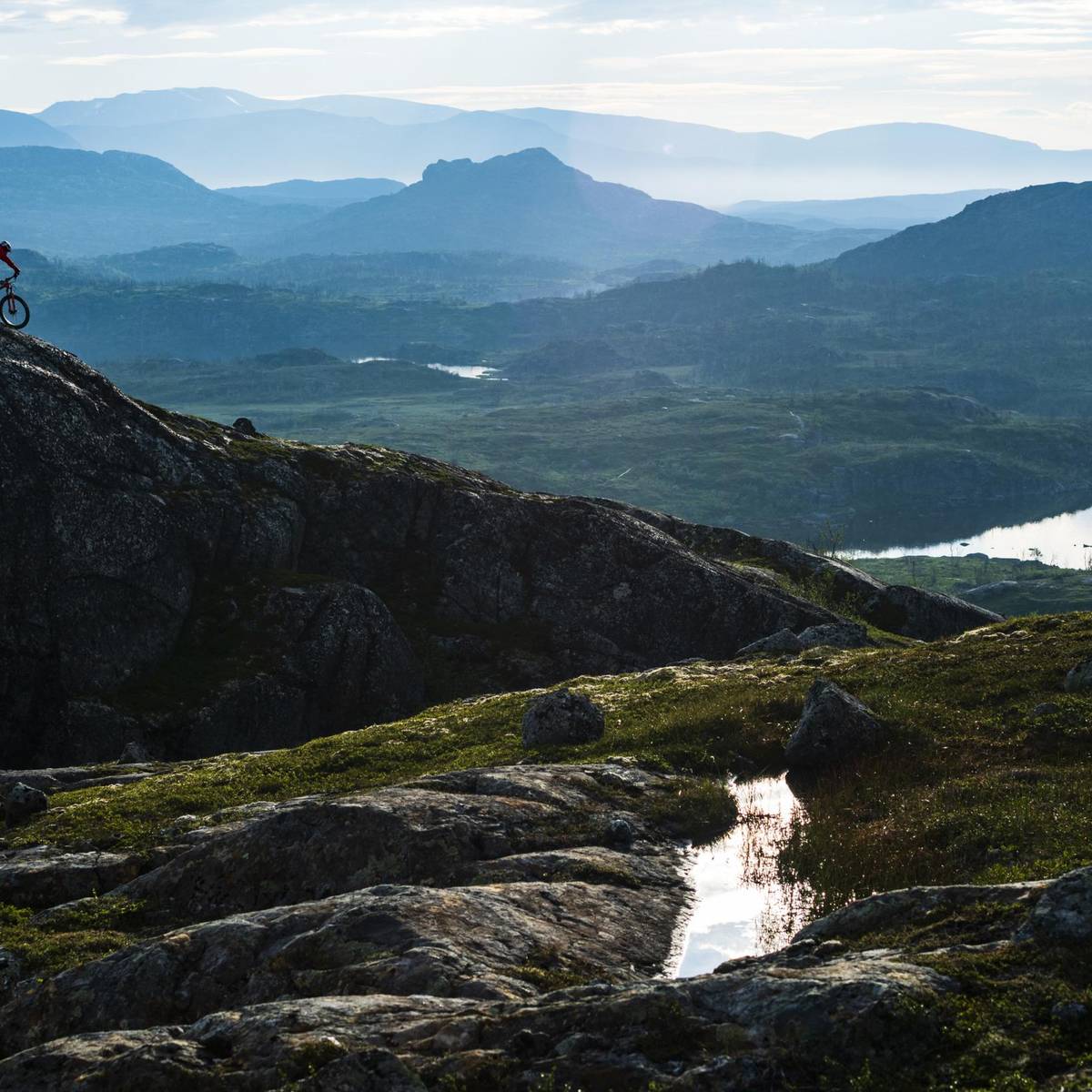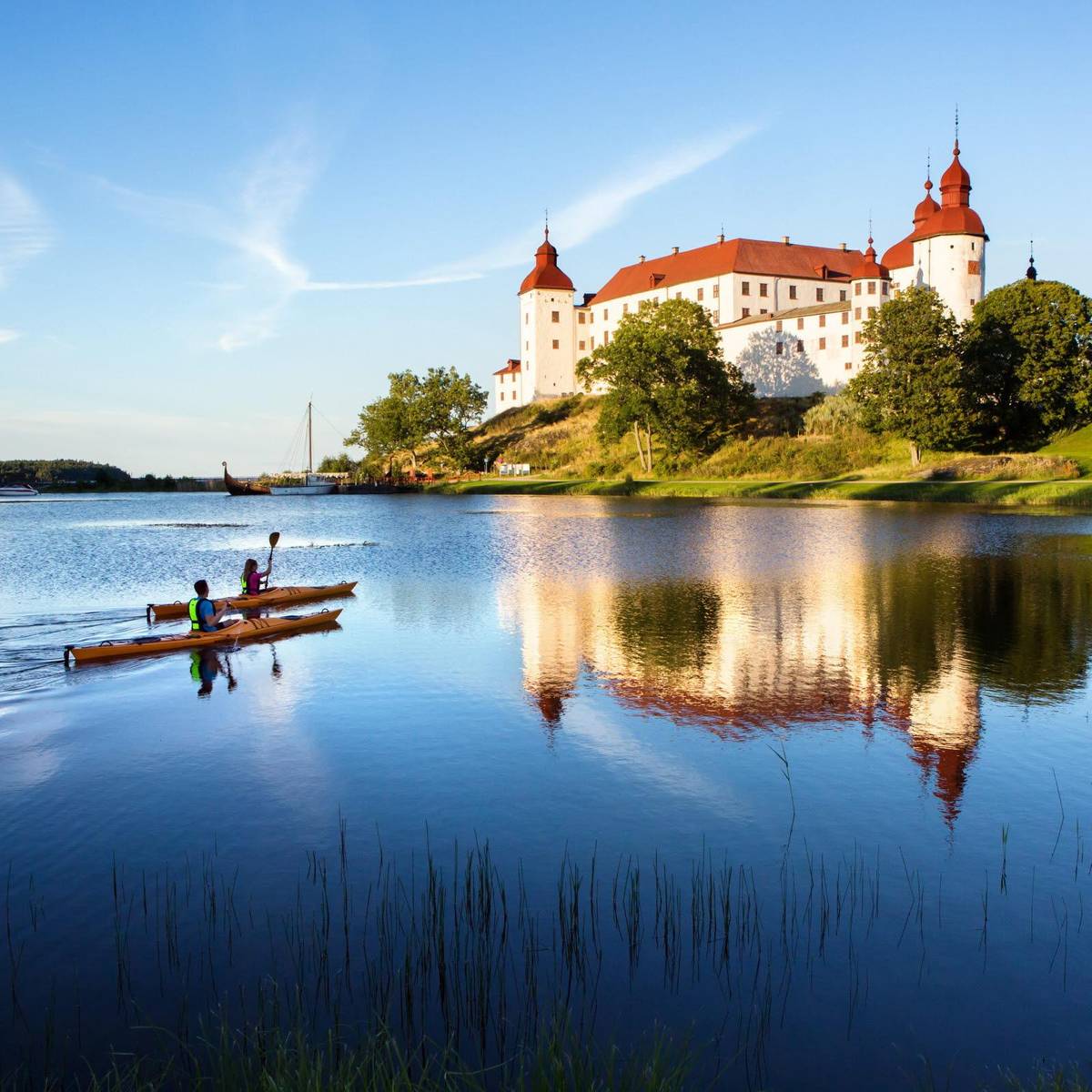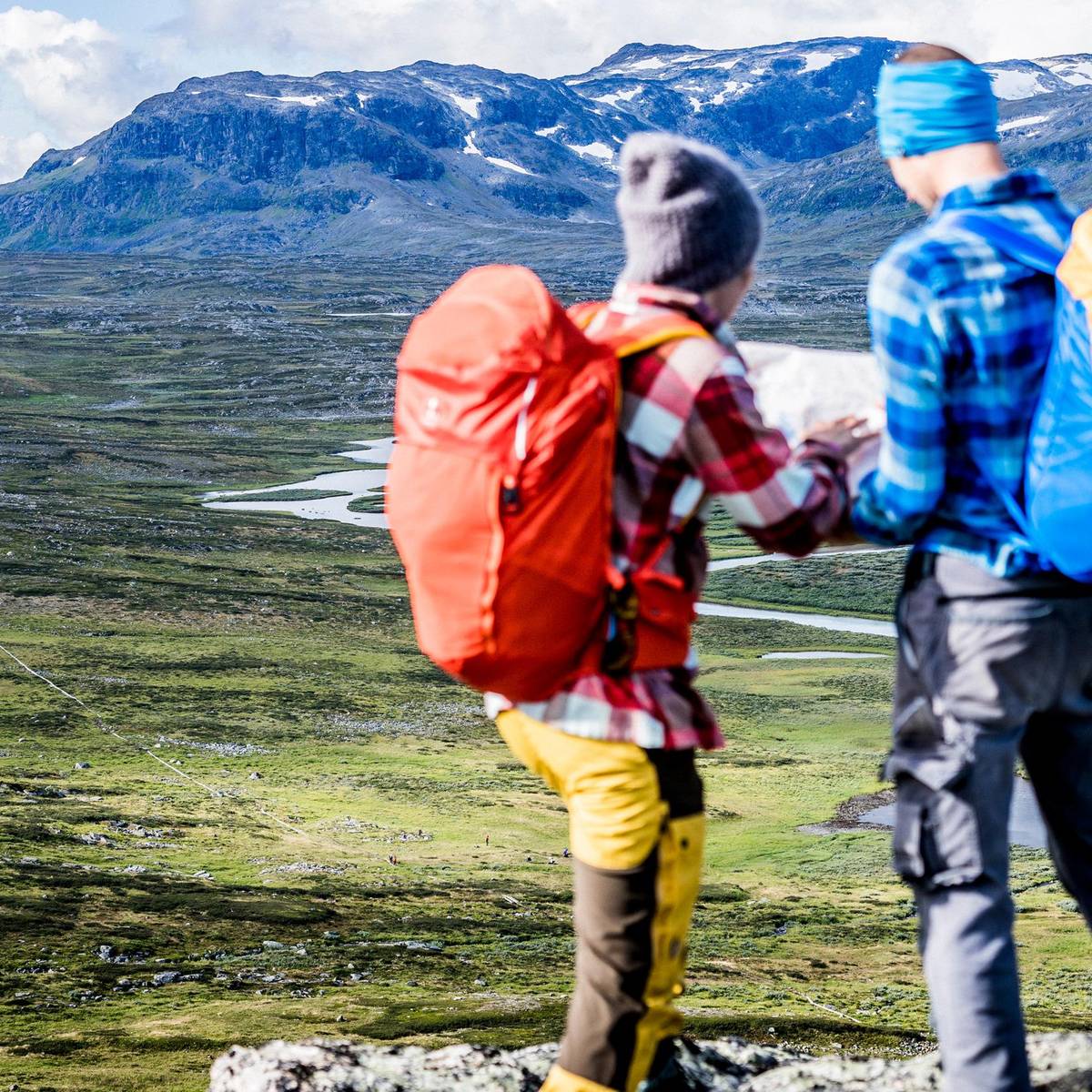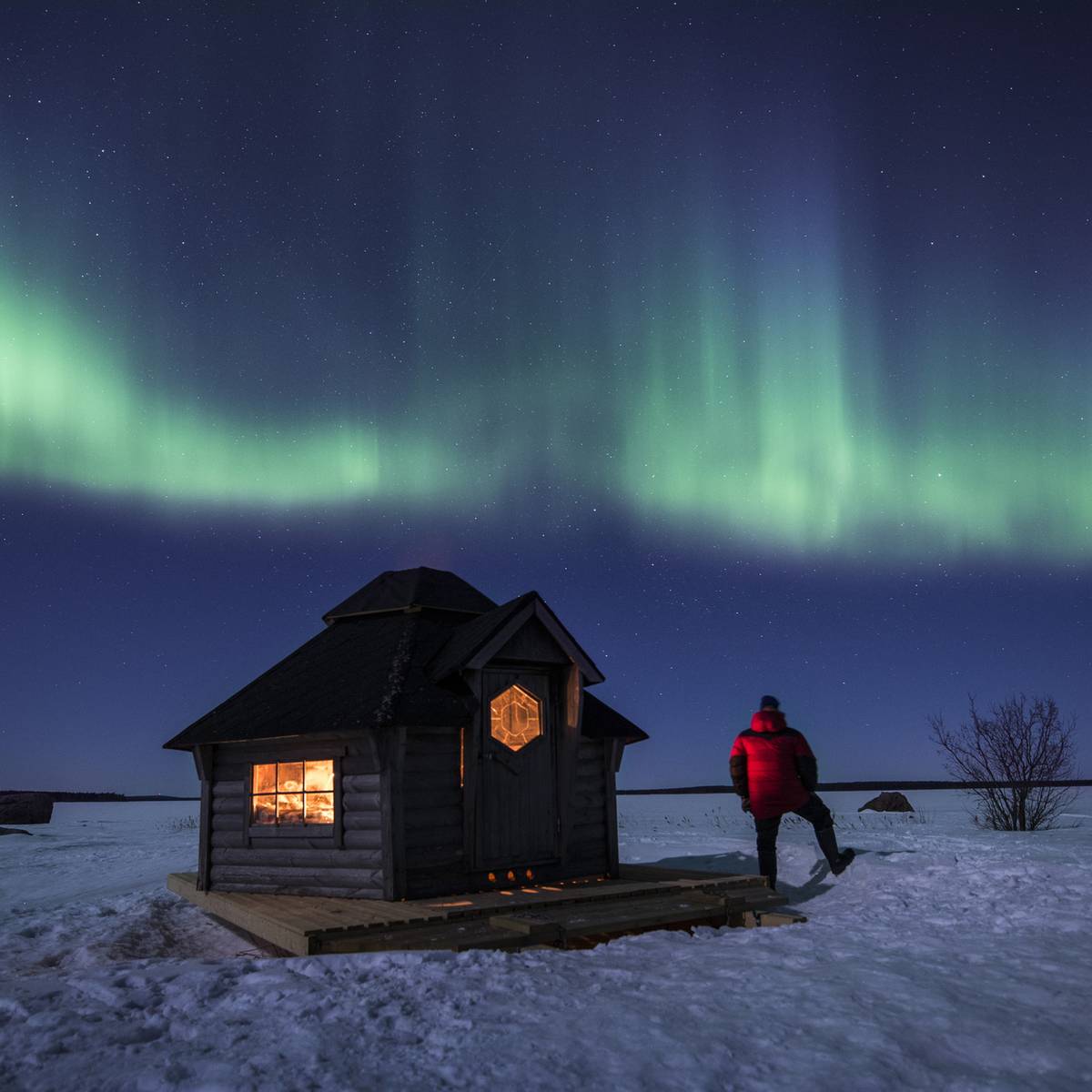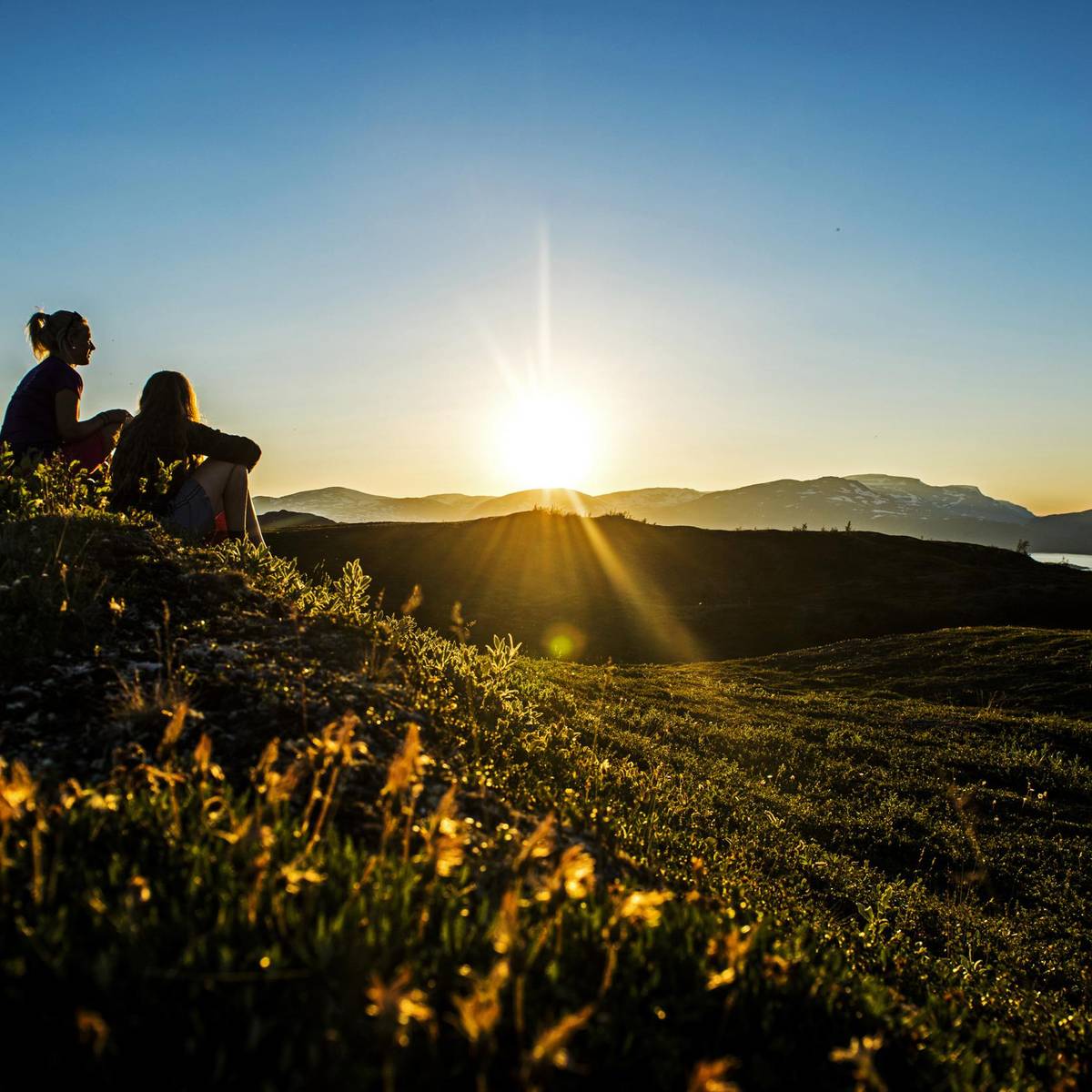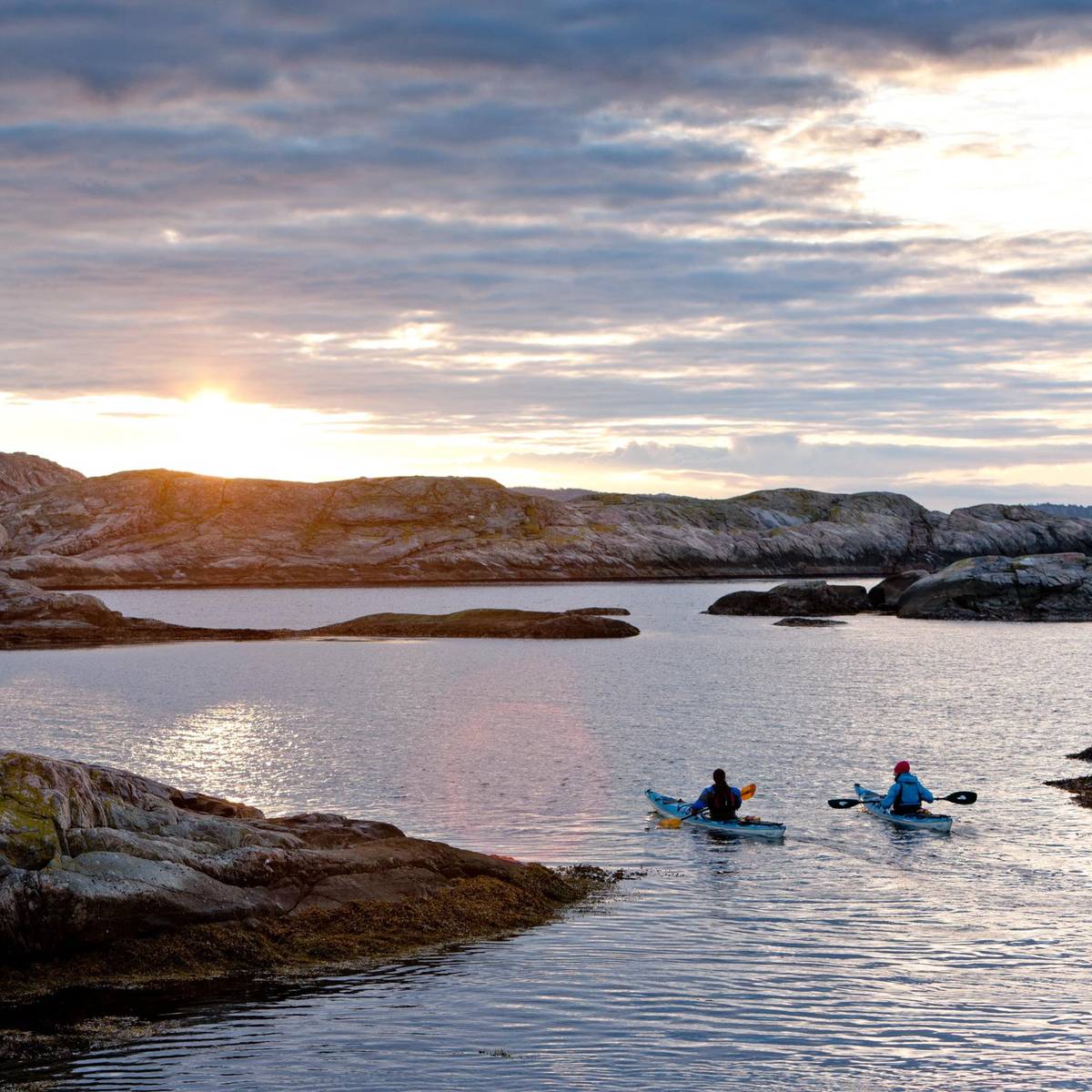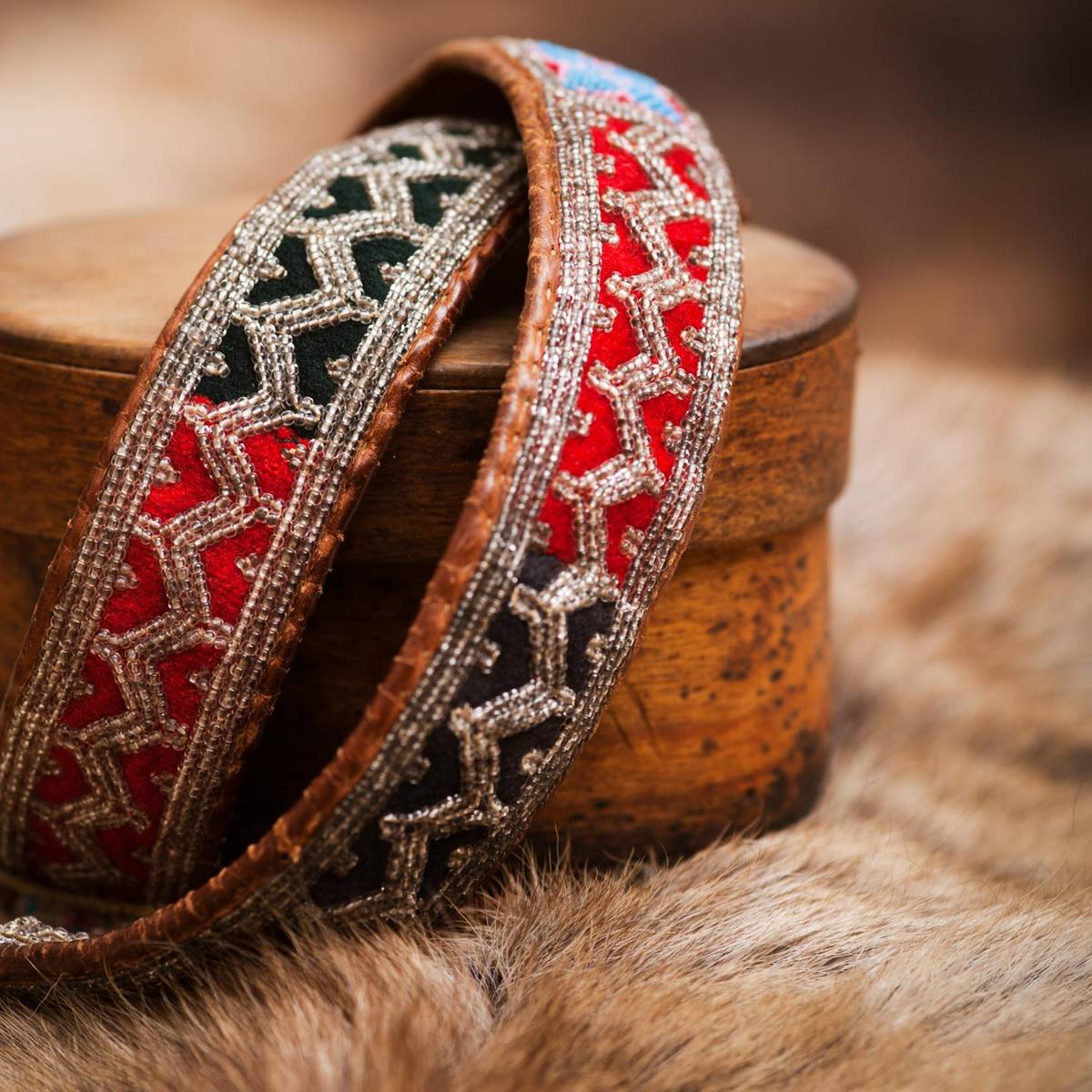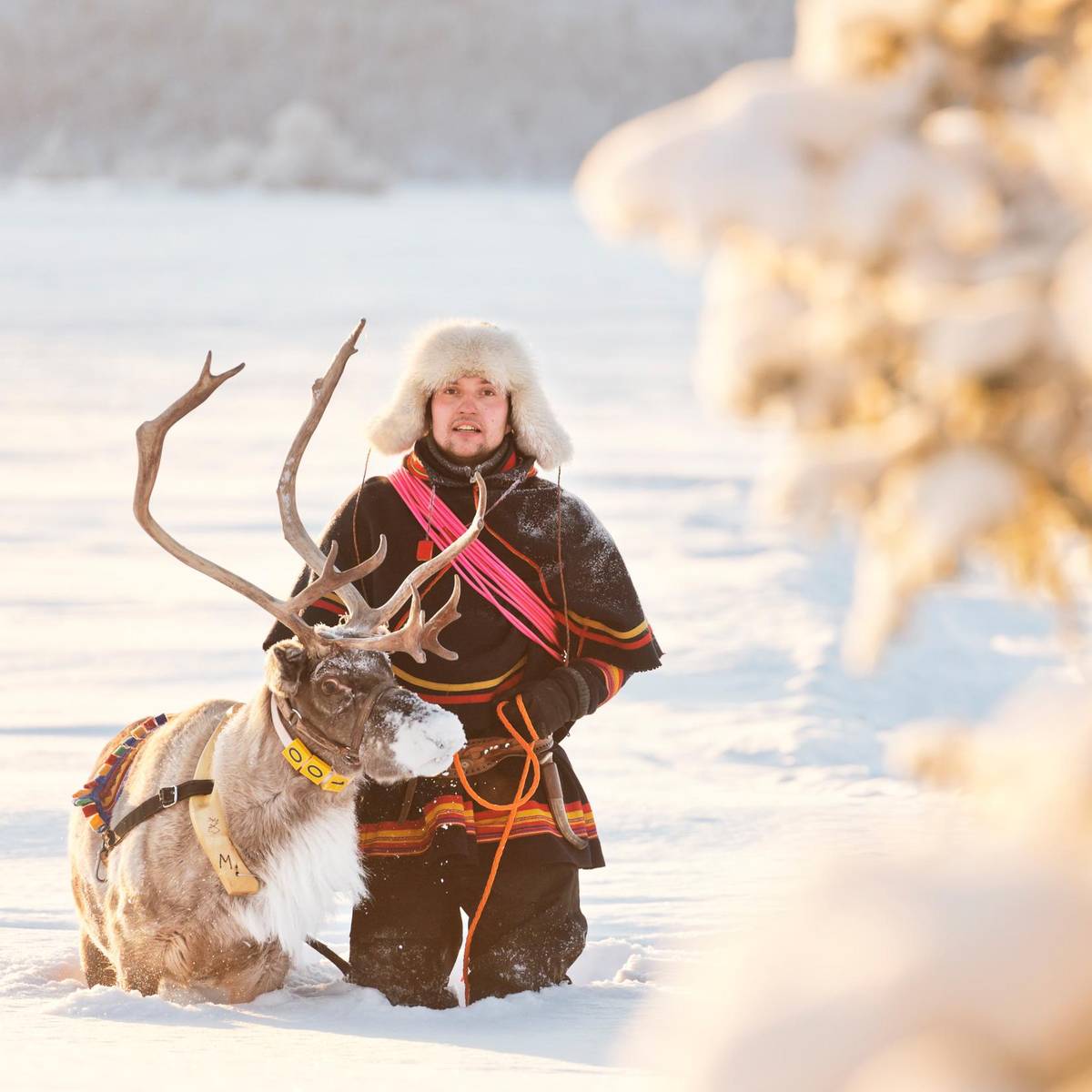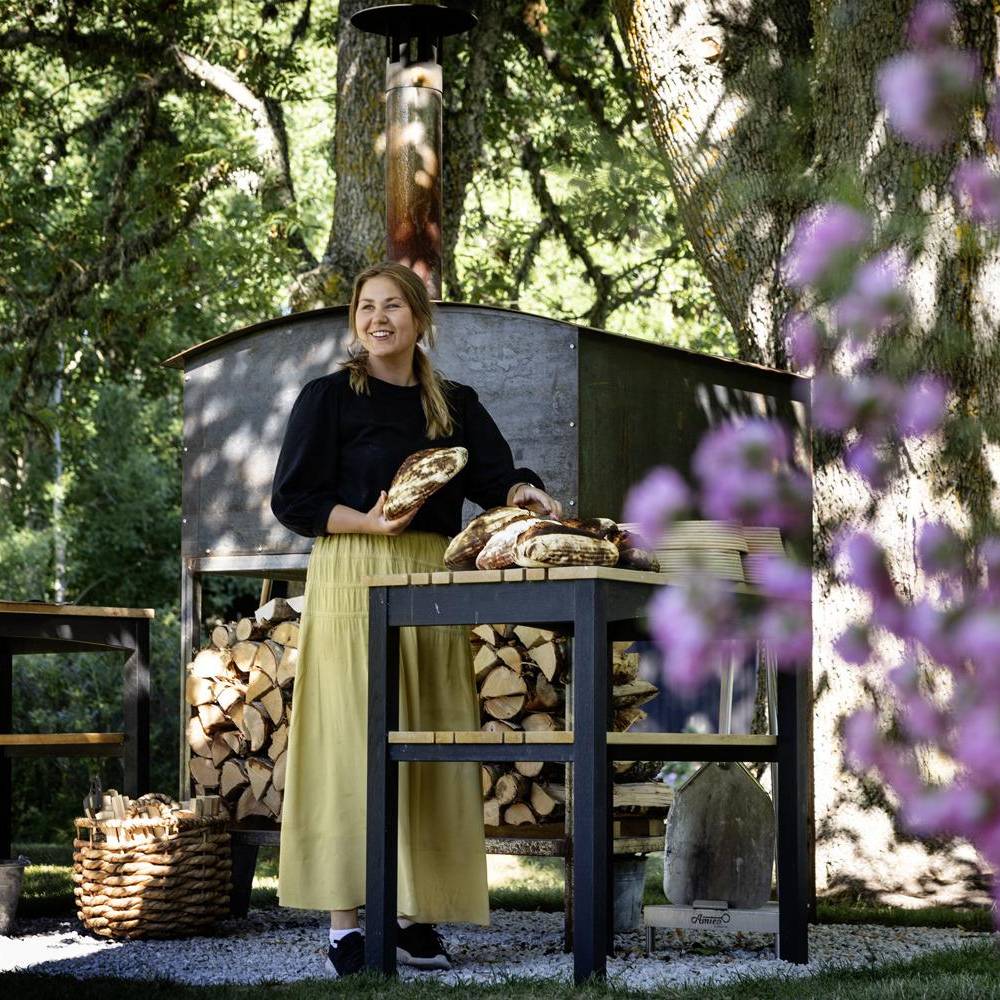Nestling some 200 kilometres north of the Arctic Circle, Kiruna is a gem of a city that forms part of Swedish Lapland – an enormous area covering about a quarter of Sweden. Kiruna also has cultural and historical significance as part of Sápmi – the traditional home of the indigenous Sámi people – that extends beyond the national border.
An outdoor enthusiast’s dream destination, Kiruna is surrounded by varied and vast terrain – from deep forests and expansive marshes to lakes, rivers and mountains – including Kebnekaise, Sweden’s highest mountain. These landscapes are ideal for activities such as hiking, fly fishing, skiing, snowshoe walking and dog sledding.
Kiruna is fascinating from an urban perspective. This historic mining community – first established in 1900 – is undergoing a transformation due to the impact that the mining has on the area. For the mining to be able to continue, the physical lifting and shifting of buildings – and the occasional demolishing and erecting of others – is well underway.
Due to the city transformation, Kiruna Church will be moved in one piece in 2025 to a new location between the cemetery and the new city centre. The church will be closed from the summer of 2024 until the opening at the new location at the end of 2026.
Kiruna’s city centre stood ready in its new position on 1 September 2022, and Kiruna City Hall – a completely new building known as “the crystal” – was the first landmark to appear. The rest of the move is due to be completed by 2035.
There’s plenty to discover in this compelling city of transformation and if a roadtrip in Kiruna is on the agenda, you won’t have to venture far before reaching gems such as the Icehotel, Kebnekaise and Abisko – all located within the municipality.

